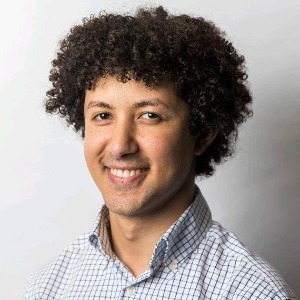Title : Human model for the ex vivo perfusion of free tissue using extracorporeal membrane oxygenation
Abstract:
Background: The Deep Inferior Epigastric Perforator (DIEP) flap is the gold standard for autologous reconstruction of the breast following mastectomy. It recruits analogous, redundant and accessible adipocutaneous tissue from the abdomen based on a reliable and consistent blood supply, and necessarily requires the elevation of bilateral abdominal flaps, which offers the opportunity for the routine production of healthy and well-vascularised tissue that would otherwise represent medical waste.
This project aims to validate a reliable lab-based human model for normothermic perfusion using human blood products. This would provide a higher fidelity substrate for research applications and incredible scope for the detailed study of novel flap techniques as well as broader potential applications in oncology, tissue therapeutics or biofabrication.
Method: We present a case series of 5 consecutive patients undergoing unilateral autologous breast reconstruction using DIEP flap or cosmetic abdominoplasty, with the redundant abdominal flap placed on ex-vivo ECMO perfusion until tissue demise. Tissue viability was assessed using clinical, biochemical and histopathological parameters, alongside demographic and technical factors that influenced flap longevity.
Results: Mean survival time was 3.8 days (max 8 days), with mechanical venous congestion the primary cause of demise in 80% of cases, and progressive venous congestion in 20%.
Conclusion: The preliminary results in this study demonstrate that extracorporeal normothermic perfusion of human free tissue flaps is feasible, with current results in line or exceeding the currently reported survival data in the literature across all forms of ex-vivo tissue perfusion. Ongoing technical improvements of the experimental setup will undoubtedly improve these outcomes further.



